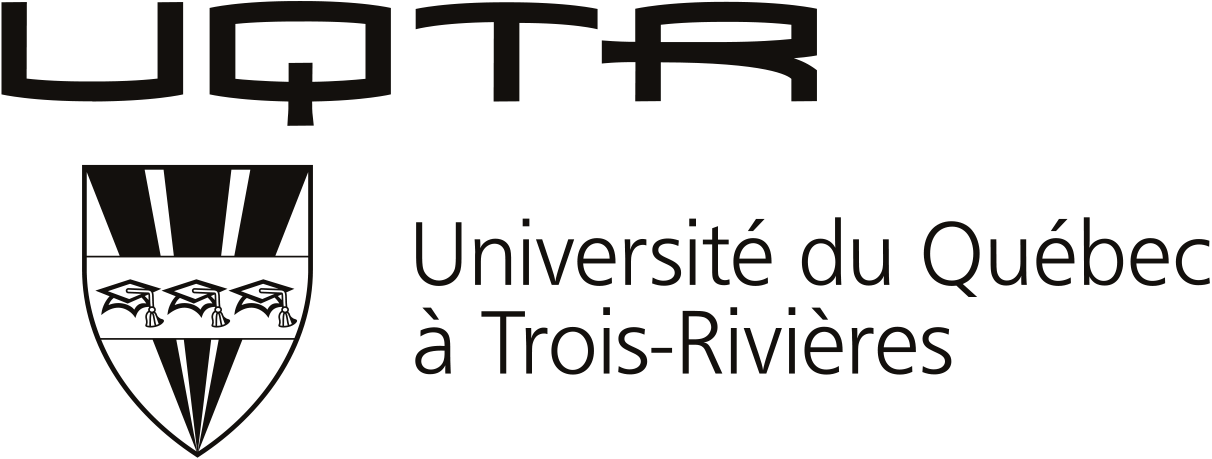Apprendre à lire aux élèves présentant une déficience intellectuelle, quel défi !
Teaching students with intellectual disability to read, what a challenge!
Mots-clés :
Lecture, Enseignement, Facilitateurs, Obstacles, Focus group, Déficience intellectuelle, Intellectual Disability, Reading, Teaching, Facilitators, BarriersRésumé
Enseigner la lecture aux élèves présentant une déficience intellectuelle (DI) dite moyenne à sévère est un défi de taille. Le présent article vise à identifier les facteurs qui constituent, aux yeux des enseignants spécialisés, des facilitateurs ou des obstacles dans ce domaine. Des entretiens de groupe semi-structurés ont été menés avec 35 enseignants spécialisés travaillant en écoles spécialisées. Une analyse de contenu a permis d’identifier plusieurs facilitateurs et obstacles qui peuvent être répertoriés dans trois catégories d’attribution : l’enseignant lui-même, le contexte et l’élève. Les résultats rendent compte de la prégnance de certains facteurs et permettent d’émettre des recommandations afin de soutenir les enseignants spécialisés pour enseigner plus efficacement la lecture aux élèves présentant une DI.
Abstract
Teaching reading to students with moderate and severe intellectual disability (ID) can be very challenging. This paper aims to identify factors which constitute obstacles or facilitators in this area according to special education teachers. Semi-structured focus group interviews were conducted with 35 special education teachers working in special schools for students with ID. A content analysis allowed to identify several obstacles and facilitators that special educators attributed to themselves, to the context or to the students. The findings highlight the pervasiveness of some factors and allow to formulate recommendations to support special educators in teaching reading more efficiently to students with ID.


